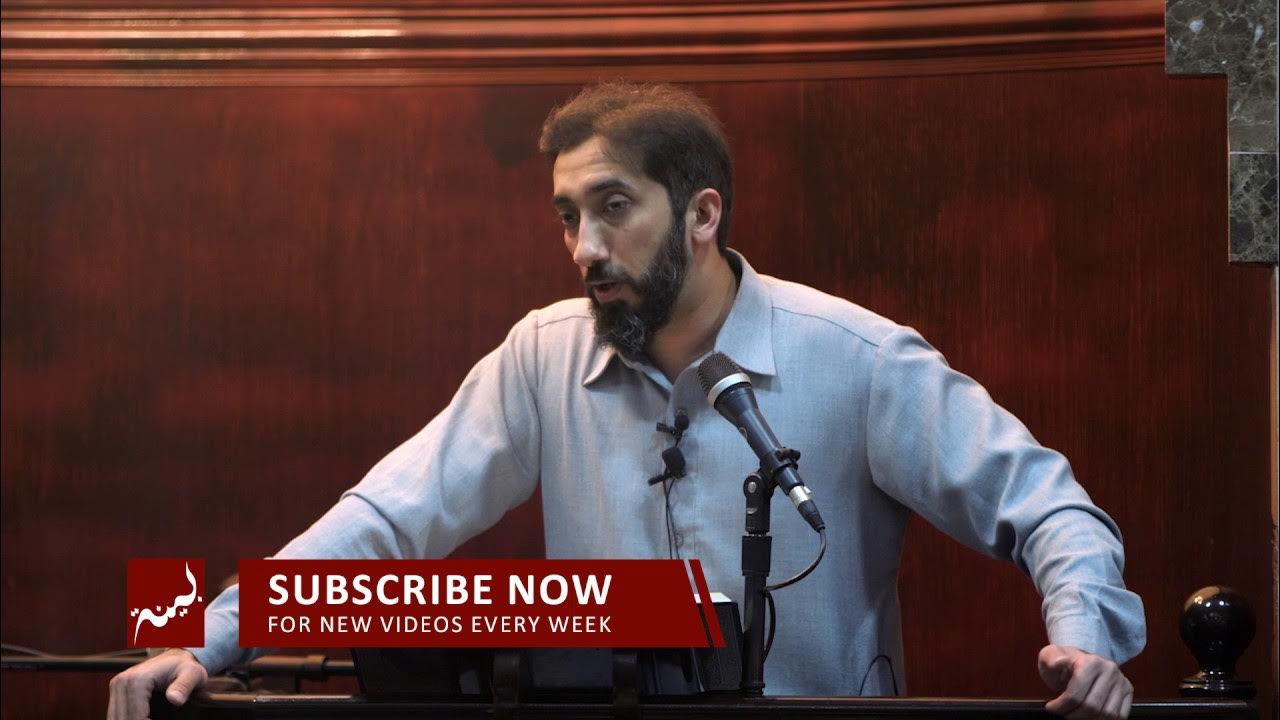Foundations of Faith Unit 2 Lecture 1, What is real?
Summary
TLDRIn this video, the speaker shares a personal story about his struggles with glasses and how they serve as a metaphor for faith and perception. He discusses how our worldviews shape how we see and interact with the world, highlighting the importance of understanding both our own and others' perspectives. The speaker also emphasizes how understanding different worldviews can lead to more informed decisions and greater confidence in navigating the world. Through humorous anecdotes, like trying durian and panicky, he illustrates the consequences of poor decisions made from limited or unclear perspectives.
Takeaways
- 😀 Understanding our own worldview is essential because it shapes how we interpret and interact with the world.
- 😀 Everyone has a lens through which they view reality, and these lenses influence their actions, decisions, and relationships.
- 😀 Faith and worldview are interconnected; how we perceive the world directly impacts our faith and how we live out our beliefs.
- 😀 Realizing that our perception might be flawed or blurred, like wearing broken or outdated glasses, helps us seek clarity and better understanding.
- 😀 Examining the lenses we use to view the world encourages us to engage with different perspectives and avoid narrow, uninformed thinking.
- 😀 Misunderstanding or not being aware of other people’s worldviews can lead to miscommunication and poor decision-making.
- 😀 Being able to see the world clearly (metaphorically) helps us make informed, confident decisions, rather than acting based on limited information.
- 😀 Understanding other people’s worldviews allows for better communication and empathy, even when we don't share the same beliefs or experiences.
- 😀 Like a person needing glasses to see, we rely on different perspectives and beliefs to navigate the world more effectively.
- 😀 Lack of complete understanding can lead to poor, uninformed decisions, as illustrated by the experience with eating panicky and not knowing its origin.
Q & A
What lesson does the speaker's story about broken glasses convey?
-The story highlights the importance of being prepared and the consequences of neglecting small tasks, like replacing worn-out glasses. It sets up the analogy for how our perception of the world is shaped by our 'lenses,' or personal worldviews.
Why does the speaker compare faith to lenses?
-The speaker uses lenses as a metaphor for how we view and understand the world. Just like glasses help us see clearly, our worldview or faith shapes how we perceive reality and interact with the world.
What is the significance of understanding other people's worldviews?
-Understanding other people's worldviews helps us better interpret their actions, language, and decisions. It also allows for more empathetic conversations, as it reveals why someone might see the world differently.
What is the potential danger of not understanding different worldviews?
-Without understanding different worldviews, we might make poor or uninformed decisions, as demonstrated by the speaker's experience with trying a questionable food (panicky). Lack of full information can lead to misjudgments.
What does the speaker suggest about people’s tendency to accept their worldview without examination?
-The speaker points out that many people take their worldview for granted without ever questioning or examining the lenses through which they view the world. This lack of self-awareness can limit personal growth and understanding.
How does the speaker emphasize the importance of clear perception?
-The speaker emphasizes that having a clear perception of the world is crucial for making informed decisions. Just as blurry glasses limit our ability to function, a distorted worldview limits our ability to navigate life effectively.
What role do 'lenses' play in shaping our behavior and decisions?
-Lenses, or worldviews, directly affect how we interpret the world around us. They influence our actions, decisions, and reactions, and understanding them helps us make clearer, more informed choices.
What was the speaker’s experience with durian and how did it relate to his worldview?
-The speaker’s experience with durian, a stinky fruit, highlights how cultural differences can shape perceptions. While the fruit’s strong odor was unpleasant to the speaker, the incident demonstrates how our worldview affects our response to unfamiliar situations.
What does the speaker’s experience with eating panicky teach about cultural perspectives?
-The experience with panicky, a dish made from bat, shows that cultural norms and practices can vary significantly. The speaker trusted the people around him but lacked full information, which led to an unpleasant outcome, underlining the importance of understanding context.
Why is it important to understand and evaluate the worldviews of others, according to the speaker?
-The speaker argues that understanding and evaluating the worldviews of others helps us make better decisions, interact more effectively, and avoid misunderstandings. It allows us to see the world from different perspectives, which can lead to greater empathy and better communication.
Outlines

このセクションは有料ユーザー限定です。 アクセスするには、アップグレードをお願いします。
今すぐアップグレードMindmap

このセクションは有料ユーザー限定です。 アクセスするには、アップグレードをお願いします。
今すぐアップグレードKeywords

このセクションは有料ユーザー限定です。 アクセスするには、アップグレードをお願いします。
今すぐアップグレードHighlights

このセクションは有料ユーザー限定です。 アクセスするには、アップグレードをお願いします。
今すぐアップグレードTranscripts

このセクションは有料ユーザー限定です。 アクセスするには、アップグレードをお願いします。
今すぐアップグレード関連動画をさらに表示

Nick Vujicic SPEECH - MOTIVATIONAL VIDEO - 2016| Never give up| Nick's life without limbs

Abu Nawas dan Kebahagiaan.

Nabeel's Vlog 20 - Seeing Jesus in a Dream

Hidup Jangan Menyerah | Ps. Henny Kristianus

The Prize of Submission to Allah - Khutbah by Nouman Ali Khan

Sr. Bethany Madonna, S.V. | Who is Jesus Christ?
5.0 / 5 (0 votes)
